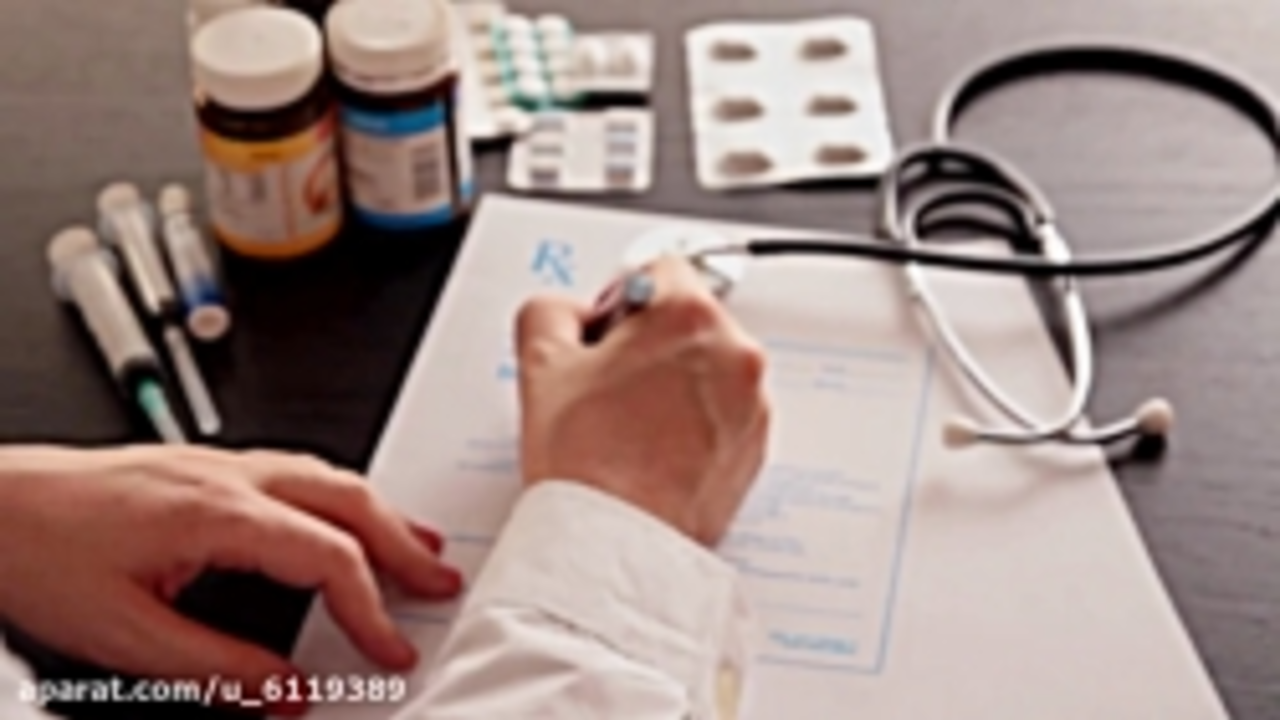Heart medication: what you need to know right now
Heart drugs keep people alive and active, but they can be confusing. This page cuts through the noise with straight facts: how common classes work, what to watch for, and quick steps to stay safe. No jargon — just practical tips you can use at your next appointment or pharmacy run.
Common drug groups and simple rules
ACE inhibitors and ARBs (like lisinopril or losartan) lower blood pressure and protect the kidneys. Check your blood pressure at home and report persistent cough or swelling to your doctor. Beta-blockers (metoprolol, bisoprolol) slow the heart; don’t stop them suddenly — taper with your doctor. Diuretics (hydrochlorothiazide, chlorthalidone) remove extra fluid; monitor electrolytes if you feel weak or dizzy.
Statins (rosuvastatin, atorvastatin) cut cholesterol and lower heart attack risk. Muscle aches are common; if they’re severe or you feel dark urine, call your provider. Nitrates (isosorbide mononitrate) ease chest pain—take as prescribed and avoid daily continuous use without a nitrate-free interval to prevent tolerance. Anticoagulants (warfarin, apixaban) cut clot risk; warfarin needs regular INR checks and many drug or food interactions. If you’re on warfarin, keep a current list of meds and supplements for every clinic visit.
Safety, interactions, and simple monitoring
Always tell any clinician about all pills, vitamins, and herbal supplements you take. Garlic, St. John’s wort, and some antibiotics change how heart drugs work. Ask your pharmacist whether a new medicine interacts with your heart meds before you start it.
Know the red flags: new chest pain, fainting, extreme shortness of breath, severe swelling, sudden confusion, or signs of bleeding (bruises, nosebleeds, bloody stools). Those need urgent care. For everyday monitoring, keep a small log of your blood pressure, pulse, and any side effects — it helps your doctor adjust treatment faster.
Never stop beta-blockers, ACE inhibitors, or anticoagulants on your own. If cost is a problem, ask about generics, patient assistance programs, or local pharmacy discount cards. If you shop online, only use pharmacies that require a prescription, show clear contact details, and have secure checkout. Very low prices or no-prescription offers are red flags.
When switching drugs, compare what matters: how the drug lowers risk (blood pressure, cholesterol, rhythm control), side effects you can live with, and how easy it is to take (once a day vs several times). Bring a one-page medication list to every visit and ask: “What should I watch for in the next week?” That quick question usually gets the most useful advice.
Heart meds work best when paired with simple lifestyle steps: walk 20–30 minutes most days, cut back on salty processed foods, stop smoking, and aim for steady sleep. These steps let your meds do more of the heavy lifting.
If you have a specific drug question — dosing, side effects, or switching options — use our articles and reviews to get tailored info, then run any change by your doctor. Small, smart moves now keep your heart stronger later.
- December 2, 2023
- Comments 10
- Health and Wellness

